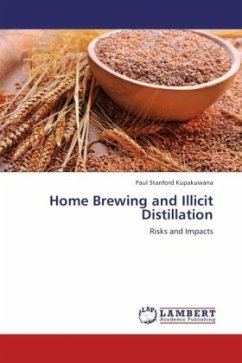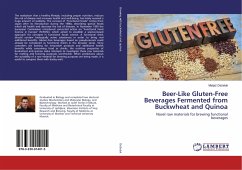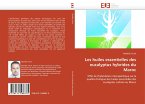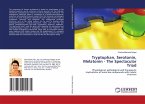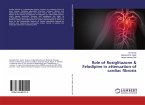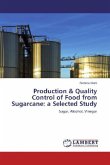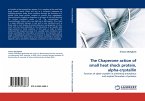The research setting for this book is Zimbabwe, a country situated in Southern Africa. The rises in the costs of commercial beers and distillates beyond the reach of some Zimbabweans results in the informal beer sellers and street vendors doing brisk business, albeit illegally, selling opaque beer and illicit distillates discreetly. Physiological manifestations, however, indicate that the taking of some of these home-made drinks can have its repercussions. Some consumers suffer from alcoholic poisoning. As a direct consequence, there is a research imperative to use existing chemical engineering theories, food standards, and applicable legislation in a bid to provide additional knowledge required to contain the adverse effects of these home brews and illicit distillates. This book addresses that gap by presenting the results of an investigation into home brewing and illicit distillation and their associated risks and impacts.
Bitte wählen Sie Ihr Anliegen aus.
Rechnungen
Retourenschein anfordern
Bestellstatus
Storno

